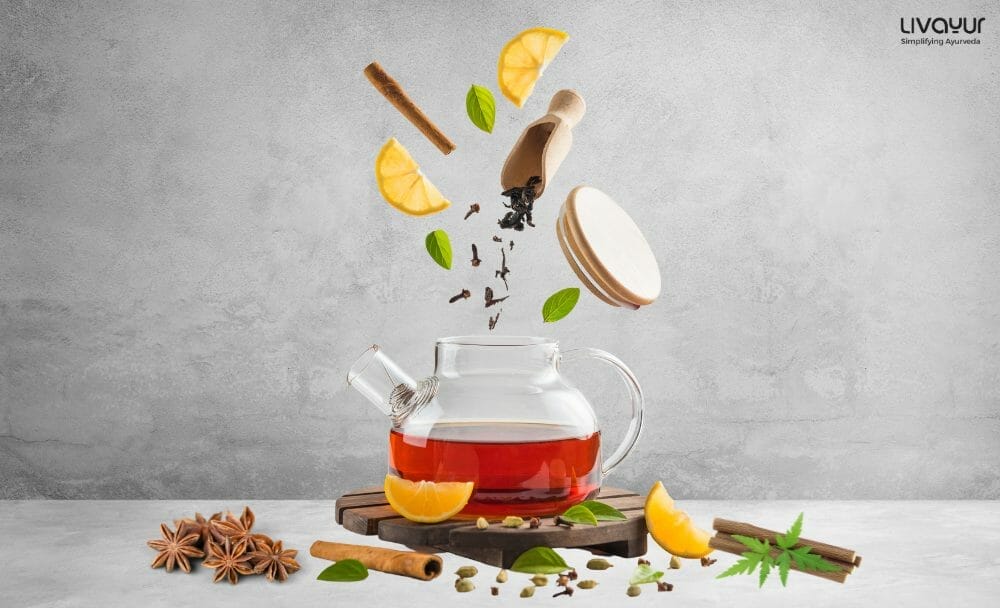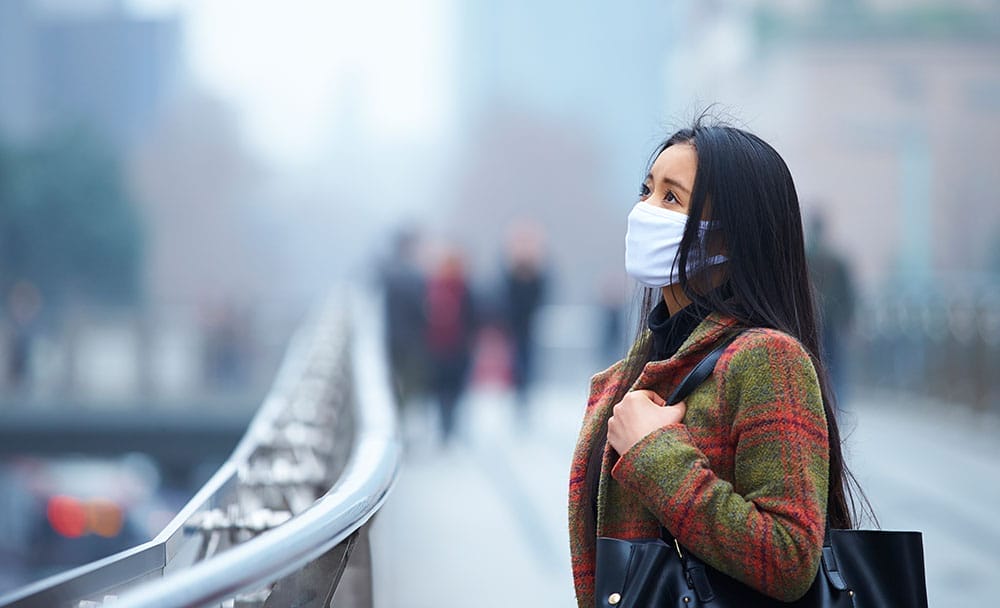
Lung specialist Davinder Kundra has stated the potential threat of this “double whammy” – the smog and the coronavirus. Every winter, demand for hospital beds skyrockets in the world’s most polluted capital because of an increase in lung diseases and chronic bronchitis. This year, new cases have reached a record of 7,000 a day. Some official predictions say the figure could soon exceed 12,000. India already has the world’s second-highest number of cases — 8.5 million — behind the United States.
What Is the Connection Between Pollution and Coronavirus?
“Tiny microscopic pollutants act as carriers for the virus and go deep into the lungs. So Delhi is facing a double whammy because of pollution and coronavirus cases,” says Dr. Kundra. “Patients who have chronic obstructive pulmonary disease and are exposed to increased pollution are prone to have more severe forms of the infection.”
Thus, the link between air pollution and rise of coronavirus deaths is clear. Delhi chief minister Arvind Kejriwal said the intense annual smog from farm fires, cars and industry has been worsening the pandemic crisis. Doctor Shuchin Bajaj from Ujala Cygnus Group of Hospitals in Delhi has also stated – “When your lungs are compromised and weak, you have more chances of developing complications like pneumonia during Covid. You have to take care of SMS – social distancing, mask and sanitisation more so in the coming days,”.
So How Do We Brace Ourselves? What Precautions Can We Take?
In the threat of such fatal circumstances, how should one protect oneself and what precautions can be taken one may ask. Well, for starters following basic coronavirus protocol is key. Piyush Goel, a doctor from Columbia Asia Hospital, Gurgaon, said while people need to follow basic principles of wearing masks, sanitising hands and maintaining distance, the government should ensure policy measures to prevent pollution.
“Wear a face mask covering nose and mouth upto chin, maintain social distancing and ensure hand hygiene. The government should ensure policy measures to prevent pollution. No stubble burning should be allowed, vehicular pollution should be avoided, and construction protocols should be followed. Besides, we must recognise that it is a collective responsibility of people to work together to defeat both COVID-19 and pollution,” said Dr. Goel.
Stay Home, Stay Safe, Take Preventive Measures
While winter has always been associated with woollen clothes, the festive season, laughter and cheer, delicious food, and a break from the harsh Indian summer, 2020’s winter may not be a cause for celebration at all. The fatal combination of air pollution and coronavirus are reasons enough to halt the festive cheer and celebrations. Also, winter has always been a season of the common cold and the flu – even more threats to weaken your body’s immune system and leave you at a higher risk of contracting the coronavirus.
The best way one can safeguard oneself is by continuing to follow the aforementioned basic coronavirus guidelines. Another is by staying indoors and limiting one’s exposure to air pollution. It’s advisable to stay home and avoid contact with the decreased air quality and pollutants. Care should also be taken to do whatever possible to minimise air pollution. Hence, burning of firecrackers this Diwali season is highly unadvised.
Most importantly, we should do everything in our power to build our immune system and keep it strong and healthy. This means following a healthy lifestyle by exercising regularly, eating a nutritious diet, avoiding junk food and processed food and getting enough sleep. Our best bet is to take care of ourselves, be cautious of the prevailing situation and not contribute to air pollution.
This article is reviewed by Dr. Ashwini Konnur














